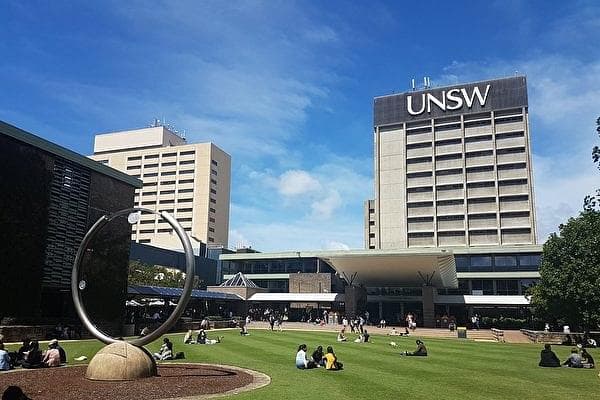Bachelor of Exercise Physiology at University of New South Wales
Sydney, Australia
- Tuition Fee AU$ 49,805
- Country Rank#1
- Duration48 Months
- Score IELTS: 6.5 TOEFL: 90
Program Overview
If you’re passionate about helping people improve their physical and mental health, a degree in exercise physiology will set you on the path to a fulfilling career.
This allied health profession uses physical activity to manage and prevent chronic disease and injury. Exercise prescriptions are used to manage a wide range of cancers and paediatric, musculoskeletal, cardiovascular, metabolic, renal, respiratory/pulmonary, neurologic and mental health conditions. Physical activity is also essential for maintaining a healthy lifestyle, which can prevent the onset of many common illnesses.
The Bachelor of Exercise Physiology provides a comprehensive education in exercise and health science, hands-on training and built-in clinical placements. Our fully accredited bachelor’s degree will prepare you for a career as a clinical accredited exercise physiologist, accredited exercise scientist, workplace rehabilitation consultant, wellness coordinator, clinical research assistant or as a strength and conditioning coach.
Cost Of Studying At University of New South Wales
Interest rates as low as 8.9% *
250K+
Students Assisted
800Cr+
Loan Amount Disbursed
5000+
Loans Sanctioned
